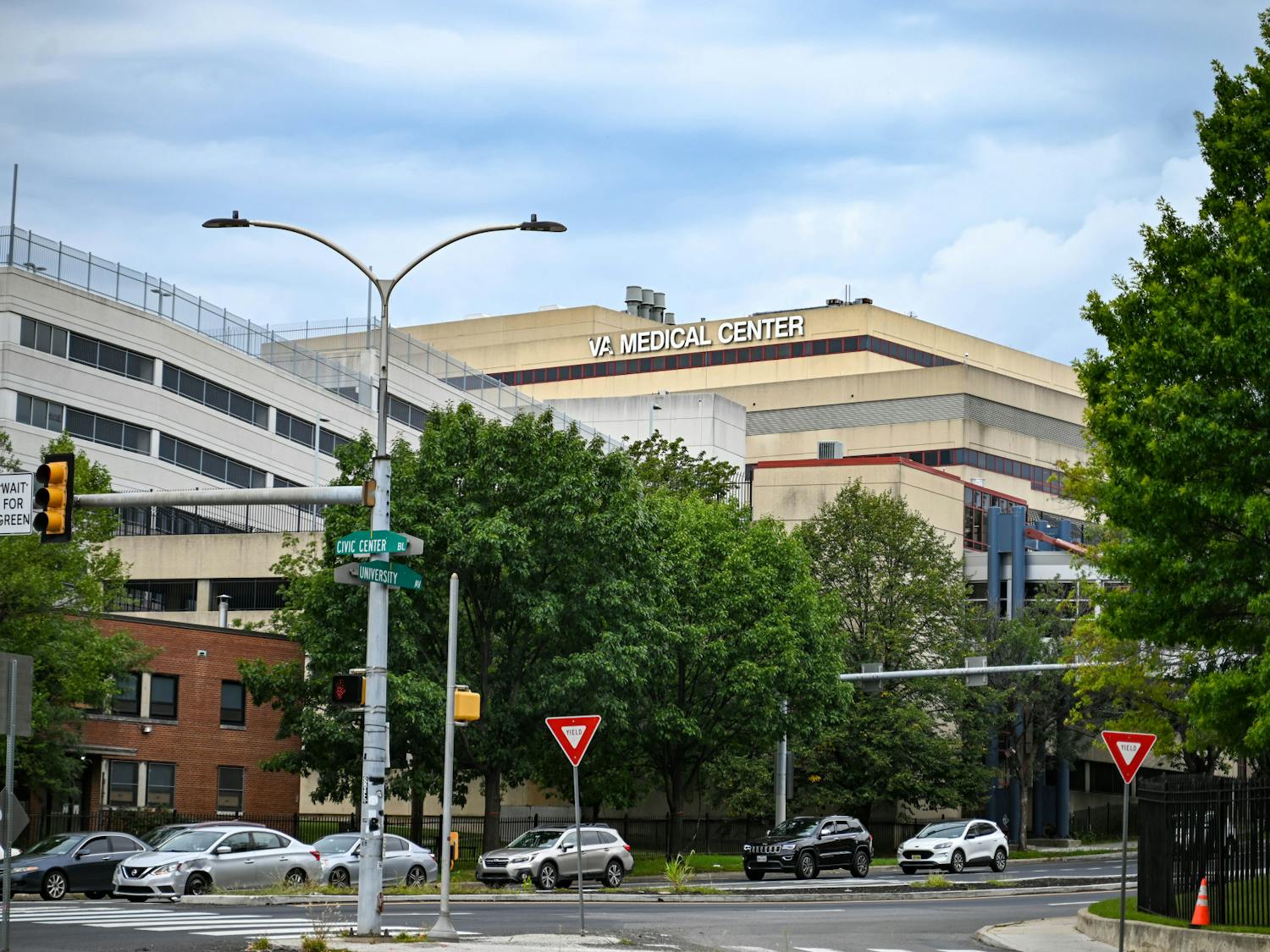Recent research by the Annenberg Public Policy Center found more polarized attitudes toward the Supreme Court after the landmark ruling in Dobbs v. Jackson Women’s Health Organization overturning Roe v. Wade.
APPC researchers concluded that the Dobbs decision in 2022 marked a shift in public perception of the Supreme Court toward political polarization. The article, published March 8 in Science Advances, observed that the court's “special status has evaporated” following decades of public trust in its legitimacy among both Democrats and Republicans.
Prior to 2022, data from APPC’s Constitution Day surveys revealed a steady level of trust in the Supreme Court. However, post-Dobbs, Democrats and Republicans diverged sharply in their perceptions of the court, leading to plummeting trust in the Supreme Court by 22%. According to Gallup News, only 13% of Democrats felt confident in the Supreme Court's ability to make impartial decisions after the overturning of Roe v. Wade, compared to a past value of 30%.
Matthew Levendusky, the Stephen and Mary Baran Chair in the Institutions of Democracy at APPC and lead author of the article, said that the evidence pointed to a notable shift in public views in 2022 — as opposed to slight approval changes among both parties in previous years.
"We see very clear views of partisan polarization of the court so that post-Dobbs, those who support abortion access or are Democrats think much less of the court, while people who are Republican or disapprove of abortion think highly of the court,” Levendusky said in the APPC news release.
This trend raises concerns about whether or not the court can uphold its past decisions and ensure public obedience due to the emergence of a political rift, according to the article. The researchers highlighted that a decrease in the perceived legitimacy of the court can make it vulnerable to political reforms.
“That’s why factors such as trust and legitimacy are so important – so that people will trust the court and obey its decisions," Levendusky said. "Once that gets called into question – and the evidence is clear that Dobbs has done that – we’re potentially in a very dangerous place.”
The article's authors included APPC director Kathleen Hall Jamieson and several other researchers at the center.









